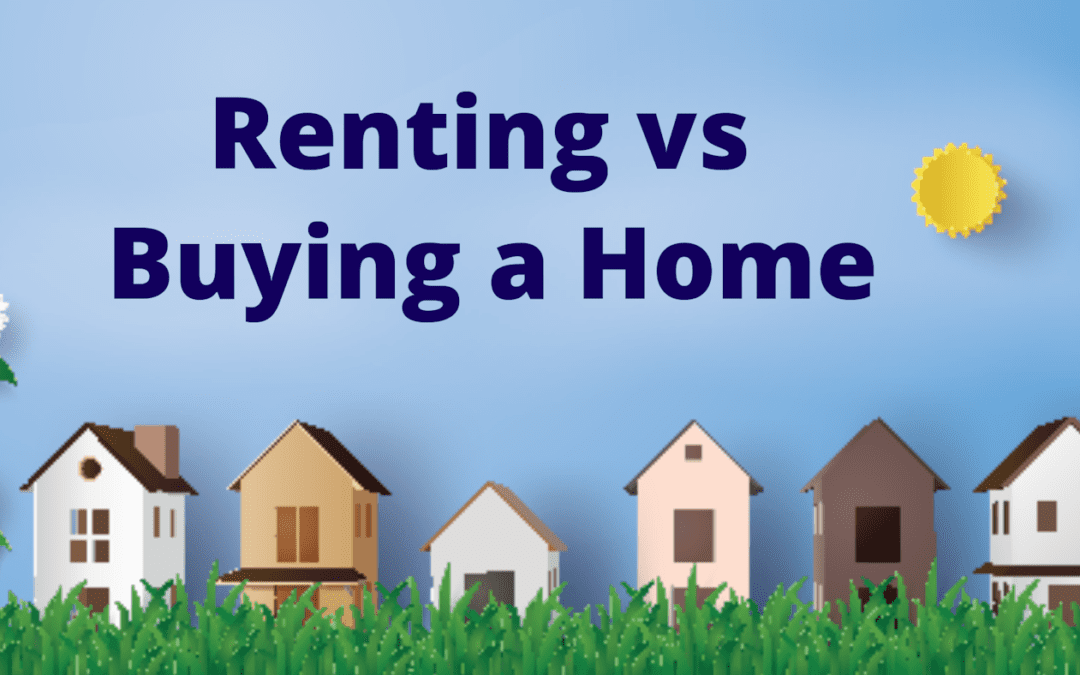How much house can I afford?
When buying a home, most mortgage lenders require a down payment between 3 percent and 20 percent of the home’s price. Some loans may have a lower threshold, but down payments below 20 percent will mean paying for private mortgage insurance, or PMI, which is an additional monthly expense. You’ll also pay closing costs, which average 2 percent to 4 percent of the home’s price.
A mortgage calculator can give you a rough estimate of your monthly payments, including your interest and principal outlays and other expenses such as property taxes, homeowners insurance and, in some cases, homeowners association dues. A housing affordability calculator can help you determine how much house you can afford. But our financial responsibility doesn’t end with your monthly mortgage payment. You’ll also need to pay for utilities, maintenance and repairs, whether it’s a few bucks to fix a leaky faucet or thousands to replace a roof.
BUYING
Advantages
- May build equity and credit
- No landlord to answer to
- More stability (especially with schools)
- Possible tax benefits
- Can improve or upgrade home to your tastes
- Property tax bills
Disadvantages
- Requires substantial money, paperwork upfront
- Could lose money if home values decline
- Extra expenses beyond mortgage payments
- Rising home prices and low inventory in many markets
- Responsible for repairs, remodeling
Renting
Advantages
- Fewer upfront costs and paperwork
- Freedom to be more mobile
- Not responsible for maintenance, repairs
- No need to worry about falling home values
- Built credit (if your landlord reports rent payments to the credit bureaus)
- No property tax bills
Disadvantages
- Landlord can raise rent or sell the property
- Choices may be limited depending on vacancies
- Might have to move multiple times
- Don’t build equity
- No tax benefits
Reasons to buy a home
Buying a home can be a great investment. If home prices in your area have been rising, buying now can help you stay in a neighborhood that you might otherwise be priced out of in a few years. And even if you don’t end up staying long term, a sharp rise in local property values could mean a sizable profit when you sell. Some indications that buying may be right for you:
- You plan to stay in the same place for more than a few years.
- You’d be willing to rent out part or all of your home, should your plans or finances change.
- You’re eligible for a prime-rate mortgage, with payments you can afford.
- You’re willing to put some “sweat equity” into a fixer-upper, allowing you to buy something more affordable. You can increase the home’s value with improvements over time.
Reasons to rent a home
Though owning your own home can offer a sense of security, homeownership has its drawbacks — remember the roof replacement? Getting out of a lease is also much less of an ordeal than selling a house, so if you’re not sure where you’ll be next year, renting can save you some costly headaches. Some indications that renting may be right for you:
- You aren’t sure how long you’ll be in the home because of work, changing family circumstances or other reasons.
- You won’t be able to afford — or don’t want to bother with — the maintenance or repairs a house may need.
- Your finances are variable or likely to change soon, potentially making it difficult to keep up with mortgage payments.
Information provided by https://www.bankrate.com/mortgage/renting-vs-buying-a-home/


